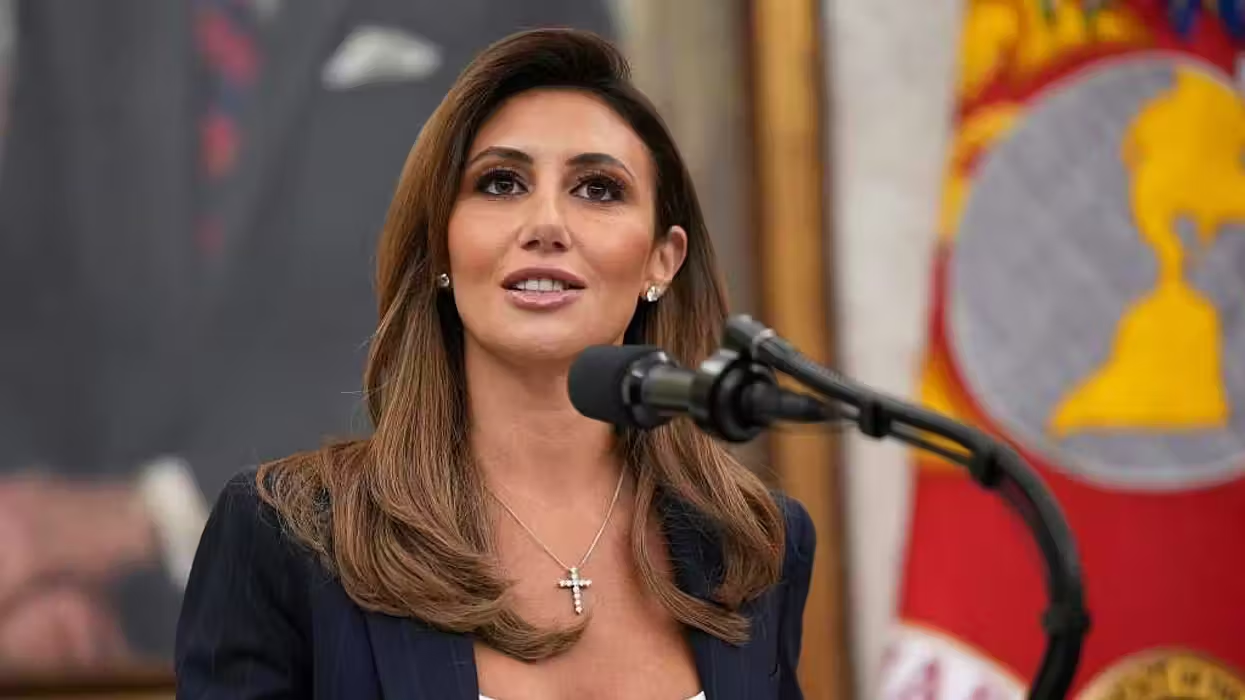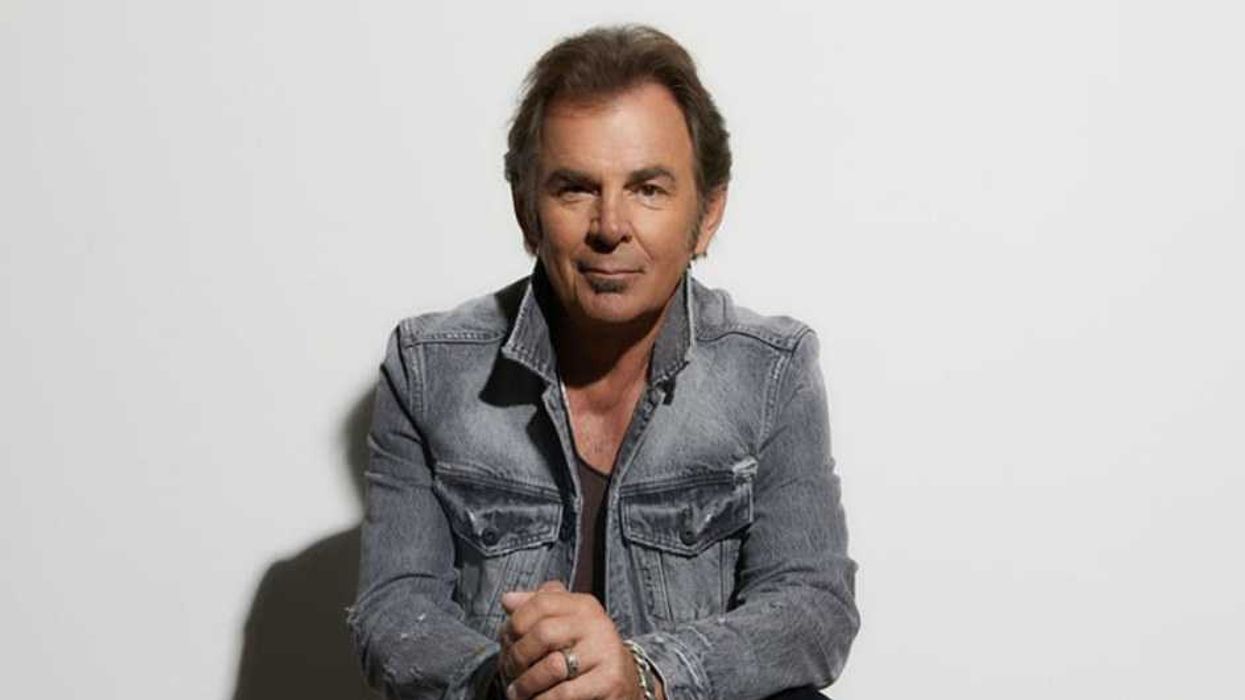President Donald Trump said this week that North Korea would be met with "fire and fury like the world has never seen" if dictator Kim Jong Un continues on his current track to develop nuclear weapons and threaten nations of the world with pre-emptive attacks.
Two days later, on Thursday, Trump took questions from reporters at his New Jersey golf club about whether his comment was "too tough." Trump, in true Trump fashion, doubled down on his previous comments, saying that "maybe it wasn't tough enough."
Many others, however, disagreed with the president that his comments might not have been "tough enough." One of those people is Bruce Klingner, senior research fellow for Northeast Asia at Heritage Foundation, a conservative think tank in Washington, D.C.
During an interview with TheBlaze on Thursday, Klingner called the president's verbal response to North Korea's provocative actions "over the top."
"I think the wording of [Trump's] message sounded like it had been penned by Pyongyang," Klingner told TheBlaze.
"I think the wording was over the top and distracting, as well as unhelpful," Klingner added.
The North Korea expert said the president's comments reaffirm to the governments of South Korea and Japan, both of which are U.S. allies, that the U.S. is prepared for a preventative attack against North Korea, "which could trigger an all-out war on the peninsula, which obviously affects them."
Indeed, Trump tweeted Friday that U.S. "military solutions are now fully in place, locked and loaded, should North Korea act unwisely."
"Hopefully, Kim Jong Un will find another path!" the president said.
Klingner also stated that Trump's message earlier this week was intended to "send a signal to several recipients."
"One," Klingner said, "would be to our allies, South Korea and Japan, and it was a signal of resolve that we would defend ourselves and our allies, a signal to North Korea that you shouldn't continue down this path or things will get very dangerous and also a message to China of its reluctance to pressure North Korea has only encouraged Pyongyang to continue down this path toward a crisis that Beijing doesn't want, as well as triggering U.S. and South Korean responses that Beijing also doesn't want."
For months, Trump has called on Chinese leaders to crack down on North Korea.
Most recently, on July 29, Trump tweeted his "disappointment" with China as it relates to the country's approach toward the Hermit Kingdom.
"I am very disappointed in China," Trump tweeted. Our foolish past leaders have allowed them to make hundreds of billions of dollars a year in trade, yet they do NOTHING for us with North Korea. We will no longer allow this to continue. China could easily solve this problem."
Trump was referring to the fact that China helps prop up the Kim Jong Un regime economically by taking in North Korea exports.
Given Trump's comments about the Asian-Pacific countries, Klingner said there is "concern among our allies about uncertainty." Particularly, Klingner told TheBlaze, South Korea and Japan are worried about the "direction of U.S. policy" and "the manner in which it will be carried out."
Representatives at both the South Korean embassy and Japanese embassies in Washington, D.C., did not immediately respond to a request for comment from TheBlaze on Friday.
Klingner previously told TheBlaze that when it comes to North Korea, the U.S. is "in it for the long haul."
Klingner said that former President Barack Obama was "flat out wrong" when he suggested that North Korea is already that most heavily sanctioned country in the world. Politico's Peter Harrell pointed out that "North Korea is heavily integrated with the Chinese economy, and North Korea also trades with India, Pakistan, Russia, Angola, Saudi Arabia and other countries."
"Korean trade with China alone likely amounted to more than $5.8 billion in 2016 after rising by a factor of more than 10 since 2000. In total, North Korea’s exports and imports were nearly one-third of North Korea’s gross domestic product in 2015 — a higher trade dependence than Iran had in 2010, when the U.S. and our international allies finally got serious about imposing sanctions on Tehran," Harrell pointed out.
So far, however, America's allies have been slow to react to North Korea's aggressive nuclear ambitions. That reality appeared to shift earlier this month when the United Nations Security Council unanimously approved a resolution to ban North Korean exports, a move that will cost North Korea up to $1 billion in revenue each year.
Both China and Russia joined with the U.S. to approve the new economic sanctions on North Korea, New York Magazine reported.






